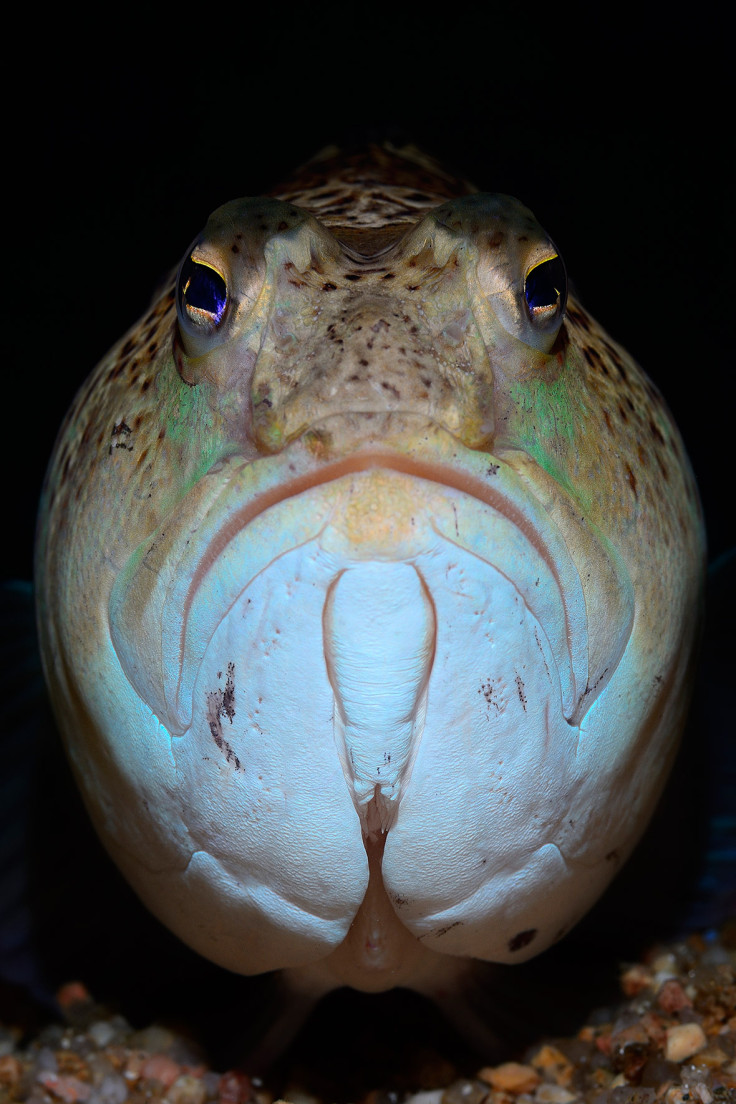Venomous fish believed to be responsible for death of 16-year-old snorkeler
Post mortem reports indicate that the teen died due to the venom of the fish, but toxicology reports are still being awaited.
An unnamed 16-year-old boy was snorkelling in the waters off Playa d'Aro in Costa Brava, Spain when he sustained a fatal sting. The teen's parents alerted the authorities when he went missing for some time on Saturday, August 15. Eventually, the boy's body was recovered from the water. Post mortem examination of the body proves that he was stung by a fish, triggering anaphylactic shock. Toxicology reports are being awaited. The police reportedly have a short clip which indicates the fish behind the death was a spotted weever fish.
The teen's parents became concerned when he failed to come back to the beach. They reported him missing and a search was launched. At around 4 pm local time, the boy's body was recovered from the water. He was declared dead.
The examination revealed that the boy had a small wound near his Adam's apple. The marks on his face were inconsistent with normal signs of drowning. Even though the toxicology report has not been released, it is believed that the boy died after having an allergic reaction to the sting of a fish.
According to The Sun, the parents provided the police with a video that could explain his death. The teen reportedly saw a jellyfish and followed it around 100 meters away from the shore. Then, he recorded a small colourful fish darting away from sight. The fish is thought to be a spotted weever that might have stung the boy.
A variety of weever fishes are found in the Mediterranean as well as the Atlantic. The venomous fishes have spines on their body which are used to deliver doses of the venom. Victims stung by the fish usually end up stepping on them as the fish hide in the sand. The instance of the fish stinging the teen in the neck is an unusual occurrence.
The sting of the weever fish can vary from painful to fatal. In most circumstances, the victim can experience swelling and pain. In rare cases, like that of the Spanish boy, the victim can have a severe reaction to the sting.
In the United Kingdom, beachgoers are often stung by the Lesser Weever. When stung, the victim should soak the area in hot water and remove the spines using a tweezer. Professional medical assistance should be sought if the victim has a serious reaction to the sting.

© Copyright IBTimes 2025. All rights reserved.





















